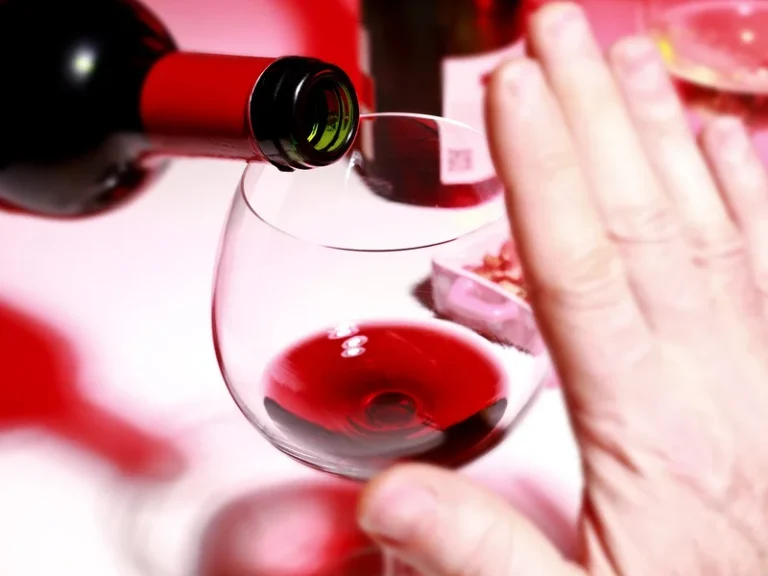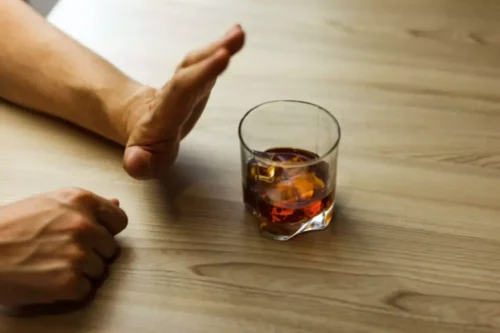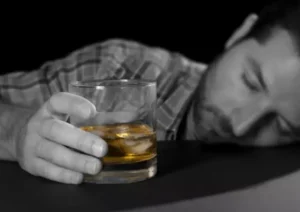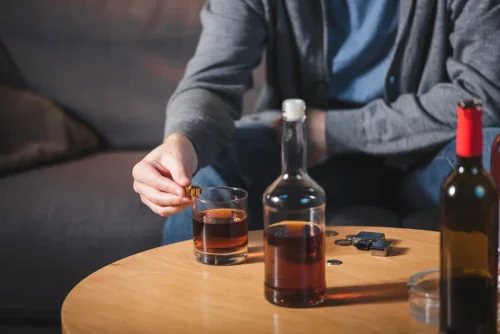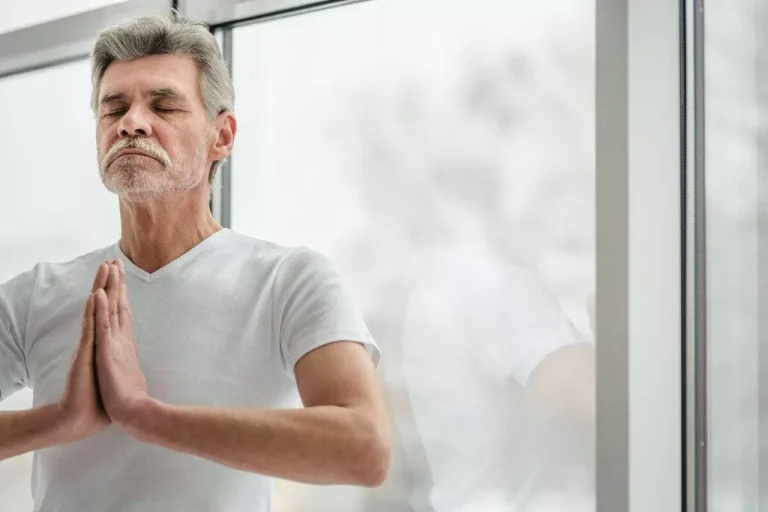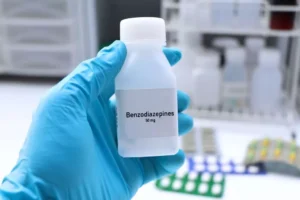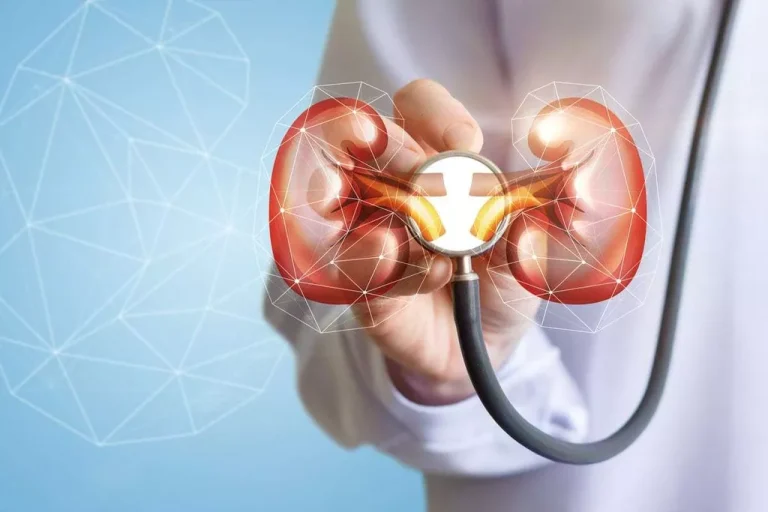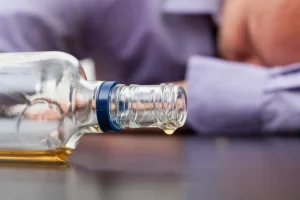
Having a glass of wine with dinner or a beer at a party here and there isn’t going to destroy your gut. But even low amounts of daily drinking and prolonged and heavy use of alcohol can lead to significant problems for your digestive system. Excessive sweating, however, may contribute to dehydration in conjunction with symptoms like vomiting and diarrhea. True night sweats cause you to soak your clothing and sheets with perspiration. If they’re severe, you may awaken several times every night to change your clothes and bedding. Interrupted sleep like this is hardly restful, and it can be dangerous.
Recognizing Other Causes of Night Sweats
- We have a trained staff with all the equipment needed for the proper provision of assistance across the recovery roadmap.
- There are numerous reasons why you may experience night sweats, such as going through menopause, having low blood sugar, or even suffering with a fever.
- For others, night sweats are triggered by alcohol use, misuse or alcohol withdrawal.
- In severe cases, it can cause coma, seizures, brain damage and even death.
Excessive perspiration is not normal, and it can drain the body of salt, nutrients, and cause excessive dehydration. More importantly, it disrupts sleep quality and creates sleep disturbances, which can damage the body beyond repair. In this article, we will walk through research-backed facts to answer this question. Even drinking a little too much (binge drinking) on occasion can set off a chain reaction that affects your well-being.
Effects of alcohol on the body
Diabetes can cause complications that interfere with how your sweat glands work, and therefore how well your body is able to cool itself. Diabetes can also dehydrate you (dehydration is a very common symptom of diabetes, https://ecosoberhouse.com/article/the-importance-of-gratitude-in-recovery/ and not one to overlook), worsening an already-common issue during the summer months. Additionally, high temperatures can change how your body uses insulin, according to the Centers for Disease Control.
Why Does Alcohol Withdrawal Make You Sweat?
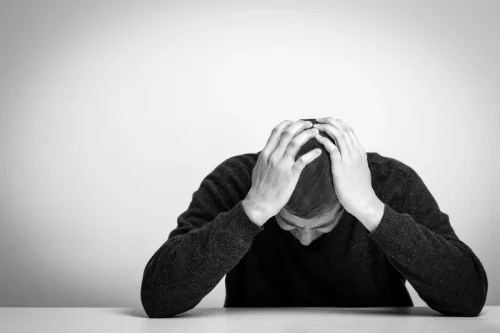
This is the equivalent of one 12-ounce beer, a 1.5-ounce spirit or a 5-ounce glass of wine, according to the National Institute on Alcohol Abuse and Alcoholism. When you drink more than this in an hour, alcohol builds up in body tissues and the bloodstream. Because alcohol intolerance is a genetic condition, there’s currently no cure for it. The best way to relieve the symptoms of alcohol intolerance is to limit or eliminate alcohol consumption. Occasionally, alcohol-induced night sweats can be due to alcohol intolerance. When your body has this mutation, it can’t produce the enzymes that break down the toxins in alcohol.
- Setting a daily sleep routine and practicing relaxing evening habits will help normalize the circadian rhythm for improved overnight sleep.
- The time it takes for an individual to get over alcohol withdrawal is not the same for everyone.
- While night sweats are not one of the more serious symptoms of alcohol withdrawal, alcohol dependence may require additional treatment from a substance use treatment provider.
- This can help lessen the odor, as well as get rid of any bacteria that is contributing to the smell.
Tips for dealing with alcohol related night sweats
- Night sweats can interrupt sleep, as some people must get out of bed to make them stop, change their clothes or change their bedding.
- Sodium, potassium, and magnesium are important electrolytes that help nerves with functions and muscle contraction.
- Some people have managed to give up alcohol alone, but it is a dangerous habit that should be avoided.
- If they’re severe, you may awaken several times every night to change your clothes and bedding.
- The effects are similar to that of the medication Antabuse (disulfiram), which is often used to treat alcohol addiction.
- A small percentage of people might experience the most severe withdrawal symptoms, known as delirium tremens.
These effects are not only difficult to overcome for people who try to abandon alcoholic addiction, but they also require qualified medical help because of the possible seriousness of any symptoms. The truth is that many factors can contribute to these uncomfortable nocturnal episodes beyond drinking alcohol excessively or sudden withdrawal from heavy drinking habits. If someone who drinks heavily decides why do i feel hot after drinking to quit abruptly, they may experience acute withdrawal symptoms such as anxiety or depression. Alcohol affects our nervous system in complex ways, leading to symptoms like excessive sweating or “night sweats”. Is a private faith-based and gender-separate rehab center located in Azle, Texas. We offer long-term residential addiction treatment for men and women struggling with drug & alcohol addiction.
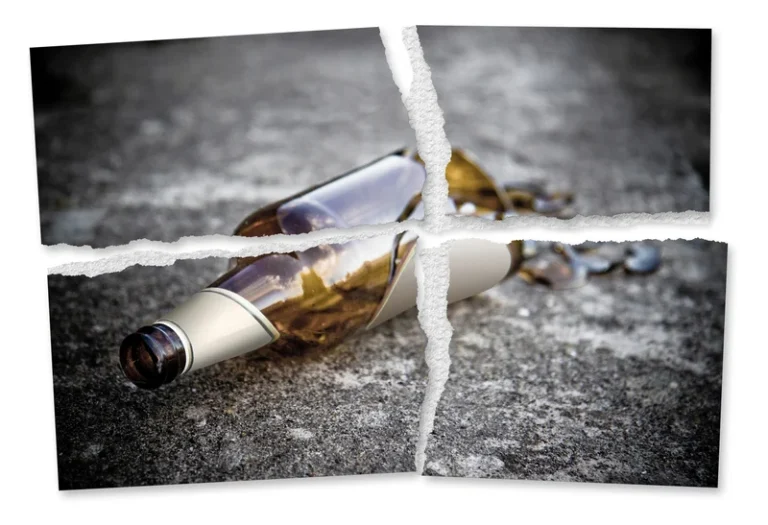
Alcohol affects the central nervous system, the circulatory system, and virtually every part of your body. Drinking can increase your heart rate and widen blood vessels in your skin. In summary, your body may actually produce some extra heat while you are drinking, but most of this finds its way to the surface of your skin or your extremities. This is why you may feel hot, and even sweat profusely when you drink alcohol. There are numerous reasons why you may experience night sweats, such as going through menopause, having low blood sugar, or even suffering with a fever.
Ways to Manage Alcohol Withdrawal
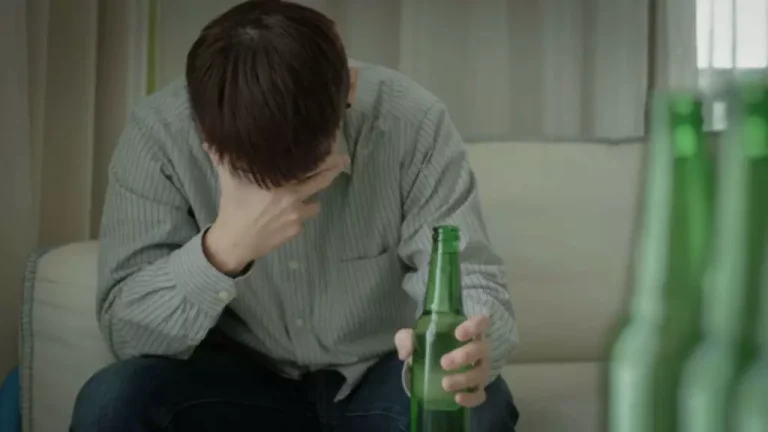
Medically, this process is known as vasodilation, and the widened blood vessels make the skin flush, triggering excessive perspiration. Steatotic liver disease develops in about 90% of people who drink more than 1.5 to 2 ounces of alcohol per day. “Some people think of the effects of alcohol as only something to be worried about if you’re living with alcohol use disorder, which was formerly called alcoholism,” Dr. Sengupta says. If you or a loved one is experiencing night sweats during or after detox programs, consider seeking an alcohol rehab program or medical provider for further guidance. The more alcohol you drink daily, the more likely you are to have night sweats.
How Are Night Sweats Different from Hot Flashes?
As you can see, the only real way to get alcohol out of the bloodstream is to wait for the liver to do its job. This could take anywhere from one hour to several hours, depending on how much you drink and your size and weight. Obviously, the more you drink, the longer it will take for you to sober up. Let’s discuss the ins and outs of sweating out alcohol, and why exercising to relieve too much drinking or drunkenness might not be the best idea.


